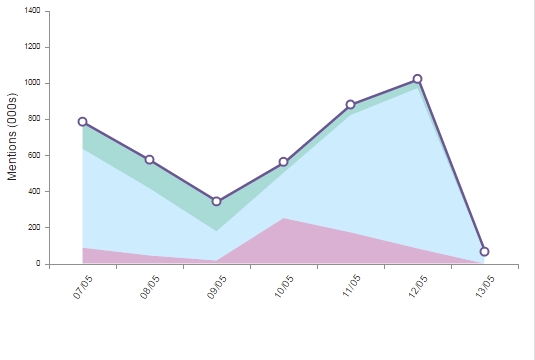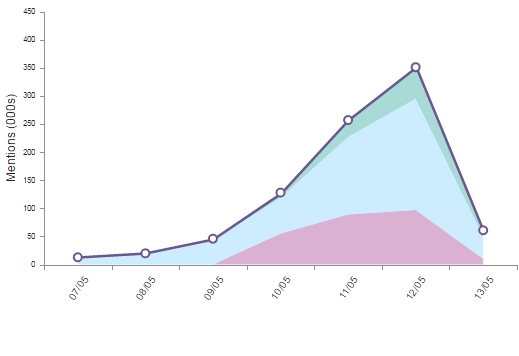Real life drama at the BBC: white papers, petitions and partisan reporting
It’s been a turbulent week for the BBC. The Department for Culture, Media and Sport (DCMS) has released its long awaited white paper on the BBC, outlining Culture Secretary John Whittingdale’s intentions for the future of the corporation. Alongside the white paper, a petition from campaign website 38 Degrees on the impartiality of the BBC’s political editor Laura Kuenssberg, has exploded into a sexism row. Described by 38 Degree’s executive director as ‘’a launch pad for sexist hate speech towards her on other platforms such as Twitter’’, the petition has now been removed, prompting both applause and criticism from the public. Has it shut down sexist abuse or silenced a debate, no matter how ugly?
David Cameron has claimed people should be ‘’ashamed’’ of themselves over the ‘’sexist bullying’’, Jeremy Corbyn has condemned the comments, and Lucy Allan, the Conservative MP for Telford, has said that there ‘’appears to be a sexist witch hunt to silence her’’. Mentions of Kuenssberg and 38 Degrees shot up on Twitter, the platform on which the abuse is alleged to have taken place.
While some Twitter users and mainstream media commentators, such as the Guardian’s Laura Bates, have applauded the swift action from 38 Degrees, there have been questions over the implications of its removal. Political blogger Craig Murray has published a transcript from a conversation with 38 Degrees’ Press Spokesman in which the organisation refuses to publish evidence of the tweets. While this is by no means suggests that the abuse didn’t take place, there is a reasonable argument to be made in favour of publishing the evidence which caused the petition to be shut down. On Wednesday, Murray also published the comments from the petition, and while this itself contains few abusive comments, the row centres on the commentary on the petition on social media sites such as Twitter.
In another twist, Sir Michael Lyons, the former chair of the BBC Trust, has come forward suggesting that political pressure has led the BBC to be biased against Labour. In a week of drama for the BBC, this was probably an unwelcome intervention into a debate which doesn’t look like it will quickly subside.





I like Laura Kuenssberg as a political correspondent, she does a great job.